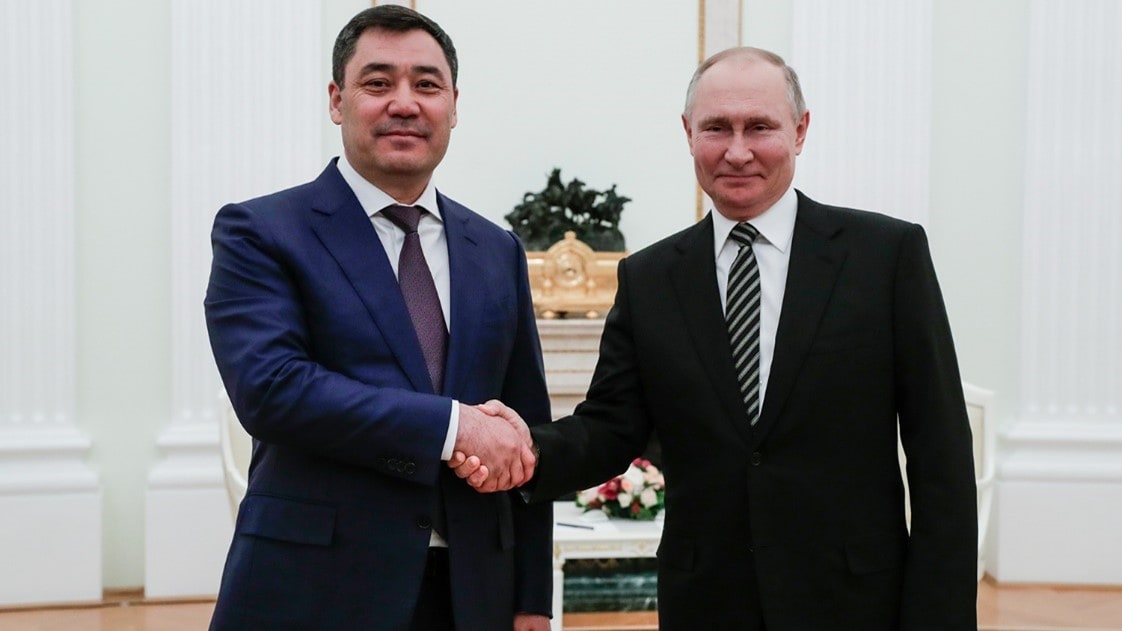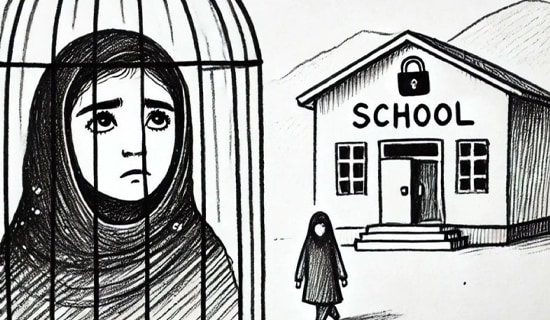In the standoff between Armenian Prime Minister Nikol Pashinyan and the chief of the general staff Onik Gasparyan, Russia officially adopted a hands-off attitude. This position, claims Ria Novosti columnist Irina Alksnis in an article titled "Russia Made Color Revolutions Into the West’s Problem", is part of a new realism governing Russia's relations with countries that were formerly part of the Soviet Union. Russia was previously alarmed by a succession of color revolutions such as the Ukrainian Orange Revolution and the Georgian Rose Revolution that toppled friendly regimes and replaced them with pro-Western ones. If Russia intervened to protect friendly regimes, it was immediately accused of violating the sovereignty of other states. Russia soon learned that it could do quite fine without having to care for these states, and the West that originally applauded and instigated these revolutions was stuck with the bill for sustaining states with rickety political systems.
Alsknis' analysis follows below: [1]
"Yesterday a regular meeting of the working group under the joint chairmanship of the deputy prime ministers of Azerbaijan, Armenia and Russia took place in Moscow. On Friday during the Security Council’s operational meeting Vladimir Putin discussed the settlement in Nagorno-Karabakh.
"Meanwhile, the political crisis in Armenia continues. The opposition holds rallies outside the [Armenian] parliament. The Armenian Apostolic Church calls on law enforcement officers not to use force against the protesters. The country’s president [Armen Sarksyan] refused to fire the chief of the General Staff. In turn the country’s Prime Minister Nikol Pashinyan put forward this demand once again.
"Russia unequivocally expressed its attitude towards events in Yerevan, 'this is an internal affair of Armenia,' that Moscow expects, will be settled 'in a peaceful manner and within the framework of the law'. Obviously, the events unfolding in Armenia won’t affect the Karabakh issue, which is truly a topical subject for our country.
"If previously, such a coolheaded (if not indifferent) Russian disengagement from the turbulent events in the post-Soviet space was perceived by many as hypocrisy, or even outright deception in an attempt to put on a good face, now hardly anyone doubts the Russian leadership's sincerity.
"The reality of recent years has demonstrated that crises and waves of destabilization in neighboring countries do not create much cause for concern in Russia.
"Literally a day before the Armenian events began, Vladimir Putin met in the Kremlin with his newly elected Kyrgyz counterpart Sadyr Japarov. The latter assumed the high office after yet another (the third in fifteen years) revolution. However, all the internal political turbulence in this Central Asian state has habitually had no effect on its foreign policy."

Vladimir Putin meets with Kyrgyzstan's President Sadyr Japarov (Source: Gazeta.ru)
"The same goes for Armenia, where a color revolution succeeded in spring 2018 and a representative of pro-Western forces took over the prime minister’s office. Back then, the tragic forecasts about Russia losing 'its last ally in the Caucasus' were widespread. The results of the last nearly three years have been, to be frank, quite melancholy for the Transcaucasian republic, but quite nice for our country, which acquired a new foothold in the region.
"Over the past decades, color revolutions have become the most important tool of Western geopolitical effort to destabilize and weaken its competitors. True, the peak effectiveness of this political technology is over. It has long stopped to be a reliable method. One could witness its recent failures in Hong Kong and Belarus. And the inglorious protests in Russia on the same lines failed miserably.
"However, the West used this technology not only directly against its geopolitical opponents, but also subtly- against its allies and partners. Russia is perhaps the most striking example of this, because the single-minded creation of 'a Russophobia belt' around its borders, was never concealed by the United States and Europe.
They in fact managed for a while to achieve good results. It is no coincidence that the aforementioned mantra about 'the Kremlin losing its last ally' has been so popular among some analysts for many years. This mantra has been generally applied.
However, the color revolutions are becoming the West's headache.
Theoretically, the plan [to orchestrate color revolutions] was impressive in its perfection, because it is possible to destabilize the situation in a country where 'pro-Russian' forces are in power with impunity, while any of Moscow’s actions or words are interpreted as interference in a sovereign state's affairs and merely exacerbate the situation. A majority of the former Soviet republics followed this scenario (some even more than once).
The idea that Russia cannot extricate itself from the spun web was based on the fact of its diverse and strong ties with its neighbors and the belief that such ties will always exist. Hence, these ties can be constantly used to shackle Moscow politically and economically, to blackmail it, to pump out its resources and force it to sustain even the most Russophobic regimes.
However, in practice, it turned out that nothing lasts forever; and the first to go was Russia’s emotional attachment to the countries, which it considered to be fraternal. Thus, when feelings were gone, a pragmatic and fundamental decision not to feed Russophobic countries was taken. With some countries (like Georgia or the Baltic states) the process was gradual and took quite a few years, with others (for example Ukraine) the relations had to be cut promptly and painfully. Yes, it was painful, but the pain is almost gone.
It was made very clear to other countries, that their fate (both internal affairs and relations with Moscow) is exclusively their own choice. Russia can do without them. They have to decide and verify for themselves whether they can do without Russia.
This strategy had a somewhat unexpected and even ironic effect. The West's greatest victories in the field of color revolutions in the post-Soviet space turned into a suitcase without a handle. The countries that, with the help of "velvet revolutions", it succeeded in putting on a consistent anti-Russian track, did not strengthen their governmental systems. To the contrary, illegal political methods continue to play a decisive role in the countries' situation, fueling their internal instability.
And if now Russia does not generally care how frequently power changes in that same Kyrgyzstan via riots, the West has to intervene in one way or another in the settlement of the next crisis, in countries which it itself made into its "showcases", be it Ukraine or Georgia. For example, this year Germany, for the first time, will open its market for seasonal agricultural workers for citizens of Georgia that is undergoing a severe economic crisis; Russophobia and coronavirus have taken their toll. That is, by trying to bind Russia with the obligation to support unfriendly neighbors, the West in the end has to spend its own resources on them.

Irina Alksnis (Source: Elentur.com.ua)
[1] Ria.ru, February 28, 2021.




